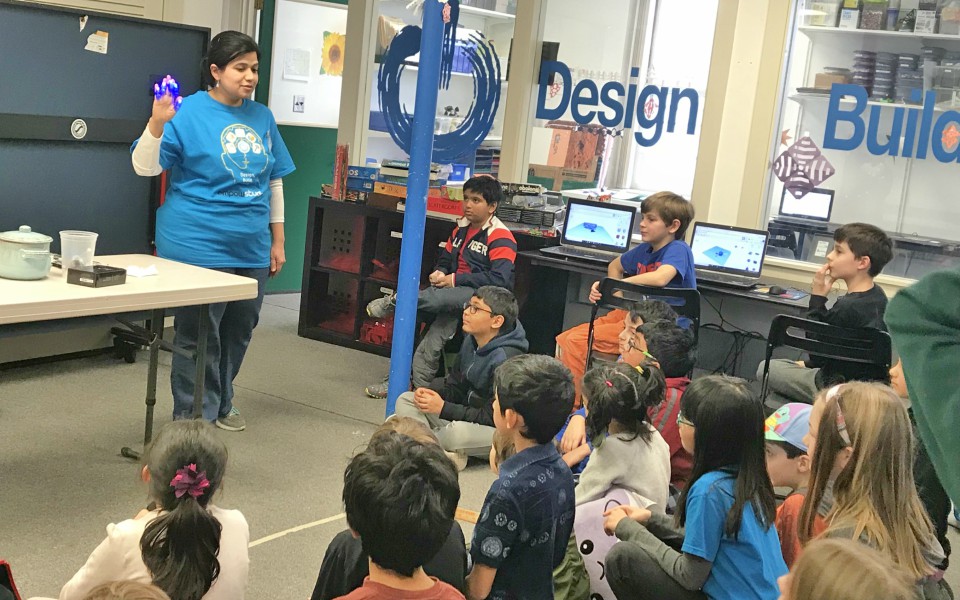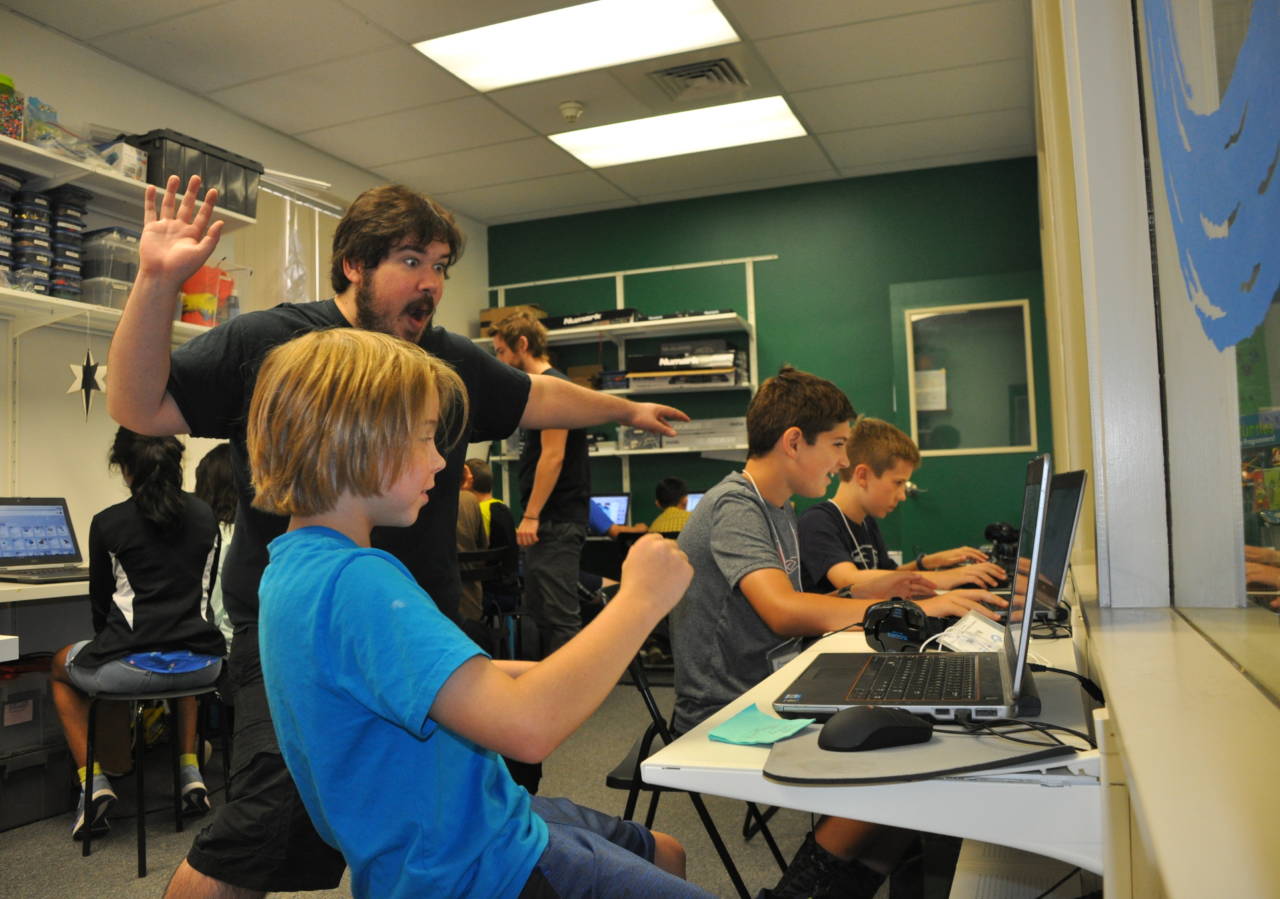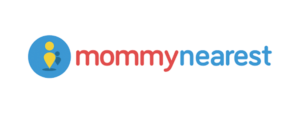Navigating Camp and After School Program Licensing
How to choose a program with required safety and staffing guidelines
Lexington, MA – Scouting out the many after school learning programs and camp options can be confusing and leave parents with questions: “How well will a program challenge my child?” “Can I trust the surroundings and staff?”
Many traditional vacation camps that offer activities such as swimming, hiking and canoeing fall into the category of ‘recreational camps.’ In Massachusetts, recreational camps must be inspected and licensed by the local board of health and meet all regulatory standards established by the Massachusetts Department of Public Health (MDPH).
However, not all camp programs fall into this category. There are specific factors such as number of children, length of time the camp is in session, and the type of entity operating the program that determine if a program is defined as a ‘recreational camp.”
Most technology education programs do not meet the legal definition of a recreational camp for children and are not subject to MDPH’s regulatory provisions and therefore do not have to follow the requirements that apply to licensed recreational camps and are not subject to inspections by either MDPH or a local board of health. Empow Studios Vacation & Summer Camps, however, do recognize the need for safety and DPH regulations, so Empow therefore does obtain a license.

“Because our programs are instructional in nature, we would be exempt from the camp permit requirement,” says Empow Director of Operations Matt Silverstein who points out that Empow still opts to obtain a license. “We always get the permit and call ourselves a “camp” because it gives parents reassurance, and it helps them understand the context of what we’re doing better than if we called ourselves a summer workshop or program.”
When it comes to after school programs, there can also be confusion. “All after school programs are supposed to be licensed by the Massachusetts Department of Early Education and Care (EEC),” notes Silverstein. “Even some afternoon classes would have to be licensed, if they go over a certain length of time. Unfortunately many programs do not get their license. These unlicensed programs are not required to obtain regular building and fire inspections, background check their staff, keep within staffing ratios, or keep first aid supplies readily available. Those are just a few examples. There’s a lot that goes into running a fully compliant program. Without an EEC license, parents really have no way to know how safe a program is for children.”
Requirements for Licenses
When reviewing programs, it’s important for parents or guardians to understand what category the program falls into. If an organization is seeking a camp license, it must meet requirements defined by the MDPH; if it is seeking a license for an after school care program, it follows requirements defined by the EEC.
“There is a lot of overlap in the training requirements for EEC and MDPH licensed programs,” adds Silverstein. “Generally we structure our training to cover both, since many of our after school program instructors also work at camps during vacation weeks and over the summer.”
Though students may be shuttled from school to an after school program, EEC licensing is separate from the public school system, even in cases when a program is located at a school. The EEC licenses have specific requirements for small or large groups, and include the following health, safety, supervision, and training categories:
- Programs must provide a healthy and safe environment, and offer activities that help your child develop and grow.
- Administrators and educators must be First Aid and CPR certified.
- Administrators and educators must be trained in child development and curriculum implementation.
- Programs must keep appropriate ratios of educators to children.
- Programs must complete EEC’s Background Record Check requirements.
To receive a camp license, there are additional requirements depending on the use of facilities and the activities. When local inspectors come to the site and work with staff, they are working to ensure the organization complies with a variety of regulations, including:
- Requiring safe structures and equipment; adequate sanitary facilities; sufficient supervision of the campers; appropriate plans in case of medical emergencies, natural, and other physical disasters; sufficient health care coverage; and injury and fire prevention plans.
- Requiring camps to perform criminal record background checks on each staff person and volunteer (Criminal Offender Record Information (CORI) and Sex Offender Registry Information (SORI)) prior to employment and every 3 years for permanent employees;
- Requiring proof of camper and staff immunizations;
- Requiring proof of appropriate training, certification, or experience for staff conducting or supervising specialized or high risk activities
In general, the MDPH states that ‘all counselors in licensed recreational camps are required to have at least four weeks experience in a supervisory role with children or four weeks experience with structured group camping. Counselors must also complete an orientation program before campers arrive at camp.’ There are also age and training requirements based on the specific activities a counselor or instructor may be leading.
One prominent requirement concerns medical emergencies and complying with medication guidelines. “All of our staff are trained on medication administration, and are compliant with MDPH/EEC regulations regarding first aid/CPR training,” says Silverstein. “On top of that, all after school program staff have a minimum number of professional development hours they need to complete yearly. We also train our staff on working with children with special learning and behavioral needs and our senior staff have all taken a course on allergy awareness, and blood sugar management.”

Asking the Right Questions
Overall, the best advice is to ask questions. “My suggestion would be for parents to call the program and ask if they are licensed,” says Silverstein. “If not, I would ask if the staff are background checked, if the building is regularly inspected, etc. Unfortunately, if they are not licensed you would just have to take their word for it.”
Licensed camps are required to provide copies of any of the plans and procedures on request. The MDPH suggests parents not rely on ‘glossy pictures and slick brochures’ when reviewing recreational camps, particularly those that offer extended periods of stay or extreme activities. Rather, it suggests:
- Contacting the camp director to schedule an appointment for an informational meeting and tour of the facility
- Asking the camp for a list of its policies regarding staff background checks, as well as health care and disciplinary procedures; ask to see a copy of the procedures for filing complaints with the camp.
- Calling the local health department/board in the city or town where the camp is located for information regarding inspections of the camp and to inquire about the camp’s license status.
- Obtaining names of other families who have sent their children to the camp, and contact them for an independent reference
Resources:
For a copy of the state regulations or additional information regarding camps: http://www.mass.gov/dph/dcs or call the Massachusetts Department of Public Health, Bureau of Environmental Health’s Community Sanitation Program at 617-624-5757
https://www.mass.gov/lists/recreational-camps-for-children-community-sanitation
To identified child care programs licensed by the EEC: the EEC has created a geographic search tool: https://eecweb.eec.state.ma.us/ChildCareSearch/EarlyEduMap.aspx
Note: Some licensed programs choose to not be listed in the search tool. If a program that you are looking for doesn’t appear in your search results, you can call your local EEC office to confirm whether the program is licensed. EEC can provide information about a program’s license history including non-compliance findings, and any current restrictions on a license.
https://www.mass.gov/service-details/learn-about-group-and-school-age-child-care-programs
https://www.mass.gov/child-care-program-licensing






